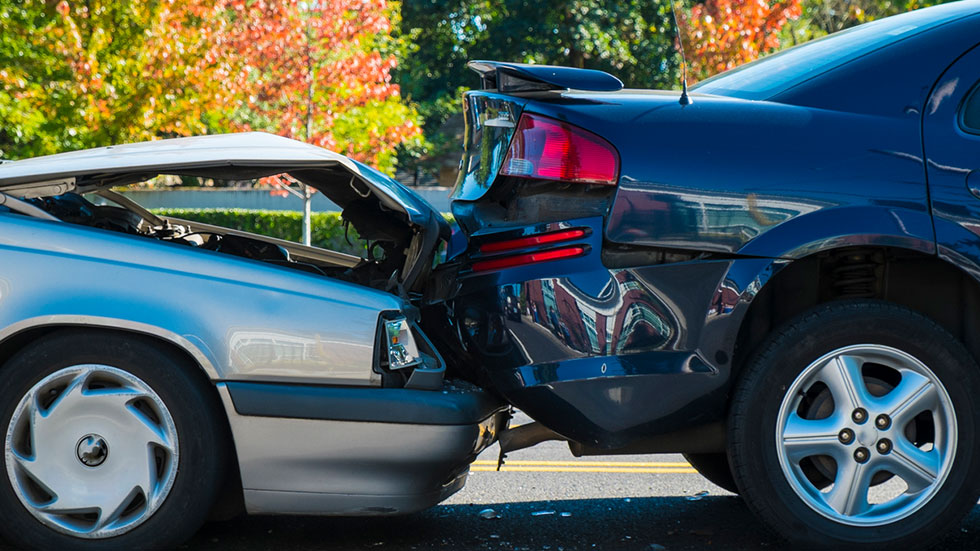When Is A Car Considered Totaled?
How your car is assessed after an accident, plus what to do if your car is totaled


Accidents happen, whether a devastating weather event, or a serious collision on a road. It's easy to expect that your insurance company will cover the damage, and in some cases, they will. However, if it costs more to repair the damage than what the car is worth, the insurer will declare the vehicle a total loss and may not cover all repairs.
For a number of reasons, the last thing you want to hear is that your car is totaled. It's important to know what that means and what your options are.
WHAT IS A TOTALED CAR?
To be considered “totaled,” the cost to repair must exceed the vehicle’s “book value,” or market value, at the time of the crash.
Each state sets regulations and thresholds for declaring a vehicle a total loss, and some carriers may choose to use an even lower threshold. In some cases, the threshold is actually 75% or more of the actual cash value. For example, if your car is worth $10,000 and the repairs will cost $7,500 or more, the insurer may consider it totaled.
If an insurance company determines your car is totaled, they likely won’t pay for all the repairs. However, they will pay you the vehicle’s ACV (Actual Cash Value), which is how much the car was worth just before the loss. The Actual Cash Value factors in depreciation, wear and tear, mileage, and previous accidents.

DOES INSURANCE COVER A TOTALED CAR?
The type of insurance coverage that takes effect if your car is totaled depends on the circumstances:
- Collision coverage covers if you’re in a crash with another car or immovable object.
- Comprehensive coverage covers non-crash related damage caused by things like floods, vandalism, theft, animals, and more.
- Property damage liability covers an accident where another driver is at fault (their coverage would pay for the damage).
- Uninsured/underinsured motorist coverage kicks in if you’re in an accident where the at-fault driver is not insured.
HOW IS A CAR DETERMINED A TOTAL LOSS?
In determining if a car is totaled, the insurance company will calculate the vehicle’s ACV immediately before the loss occurred. They will then estimate the amount of damage, typically by sending an adjuster to inspect the damage and to estimate repair costs.
If the damage exceeds the insurance company's threshold, they'll declare it a total loss and you’ll be reimbursed for the ACV of the vehicle. If your vehicle is not considered totaled, the insurance company will likely pay for the repairs, minus the deductible, which you pay.
WHAT TO DO IF YOUR CAR IS TOTALED
- File a claim with your insurance company. The insurance company will send an adjuster to assess the damage.
- Estimate your car’s fair market value from an industry resource, such as Kelley Blue Book. The insurer will use the ACV of the car to decide if it’s a total loss. You can negotiate if you think the insurance company’s assessment of the ACV is too low, but you'll need to have evidence that the car is worth more than what is being offered.
- If you have an auto loan or it's a leased vehicle, you must inform the financing company about the damage. And, you must continue making payments on the loan. When the insurance company settles your claim, they will pay the lender or leasing company.
In some states, you might be permitted to keep the totaled vehicle, but you won’t be able to drive it right away. Instead, you’ll have to provide the title and proof of inspection to the DMV to register the car to be driven, plus show that it will be covered by insurance.
Otherwise, you can keep it for parts, sell it for parts, sell it to a junkyard or salvage yard, or donate it to a charity.
